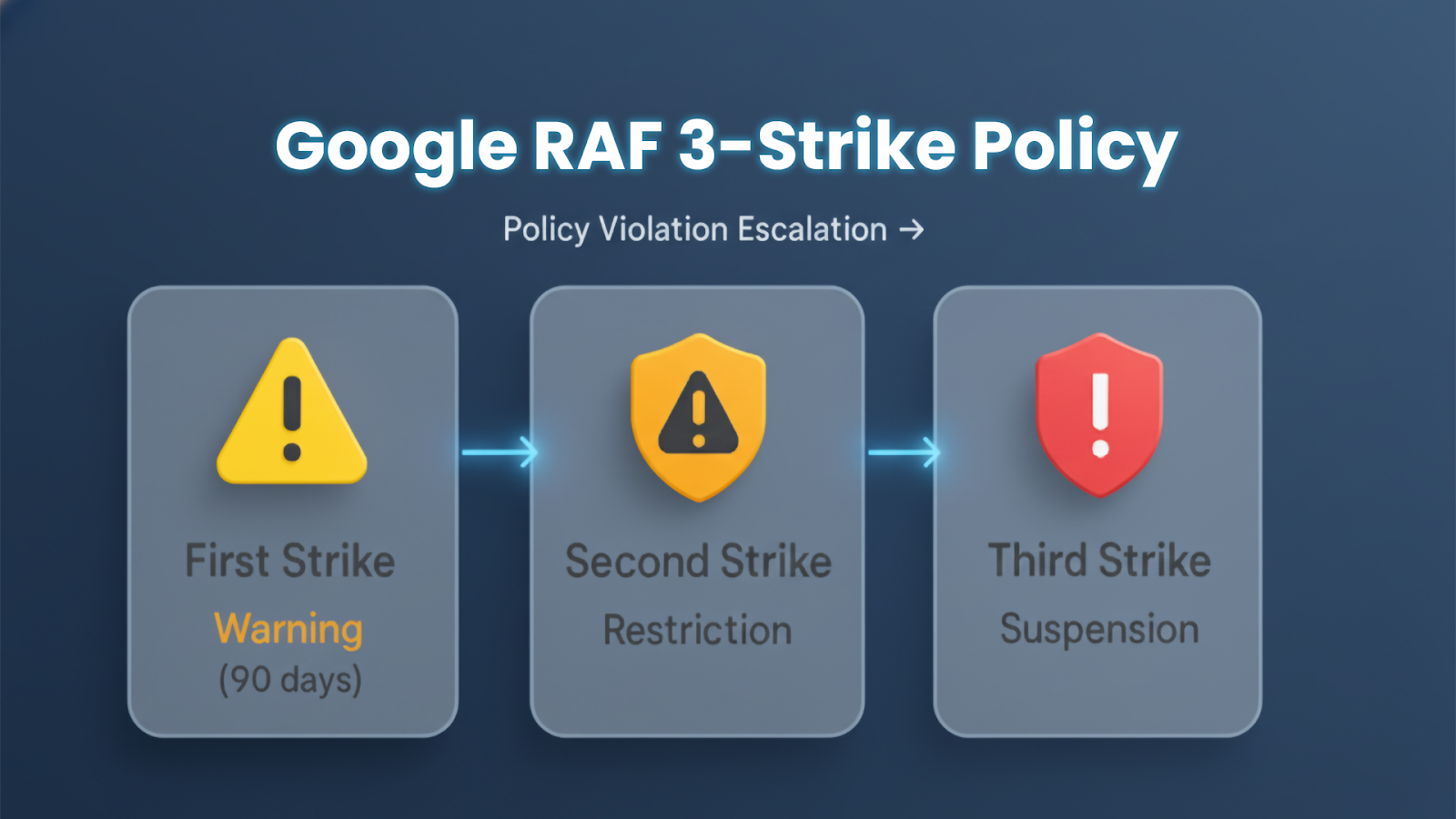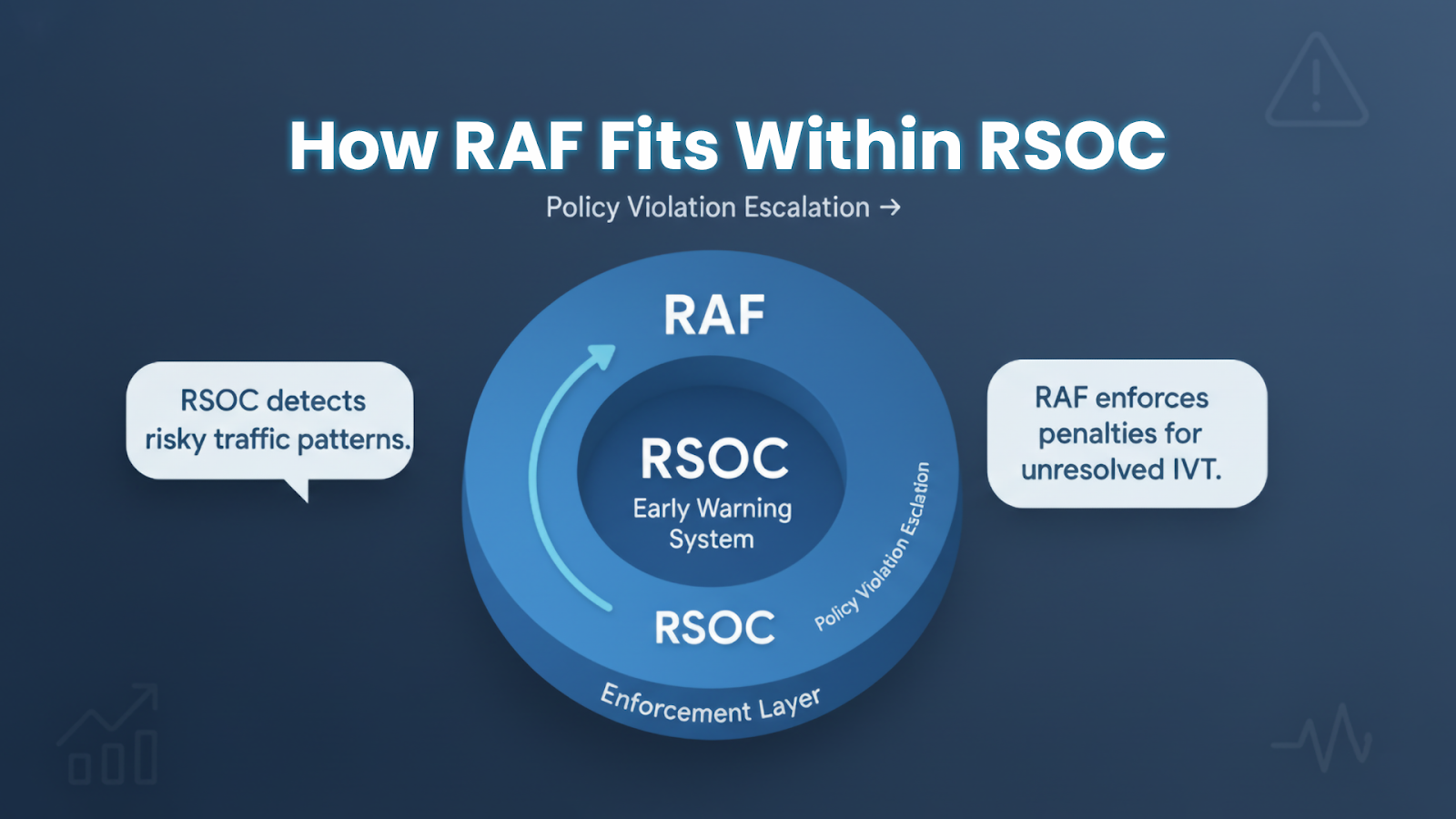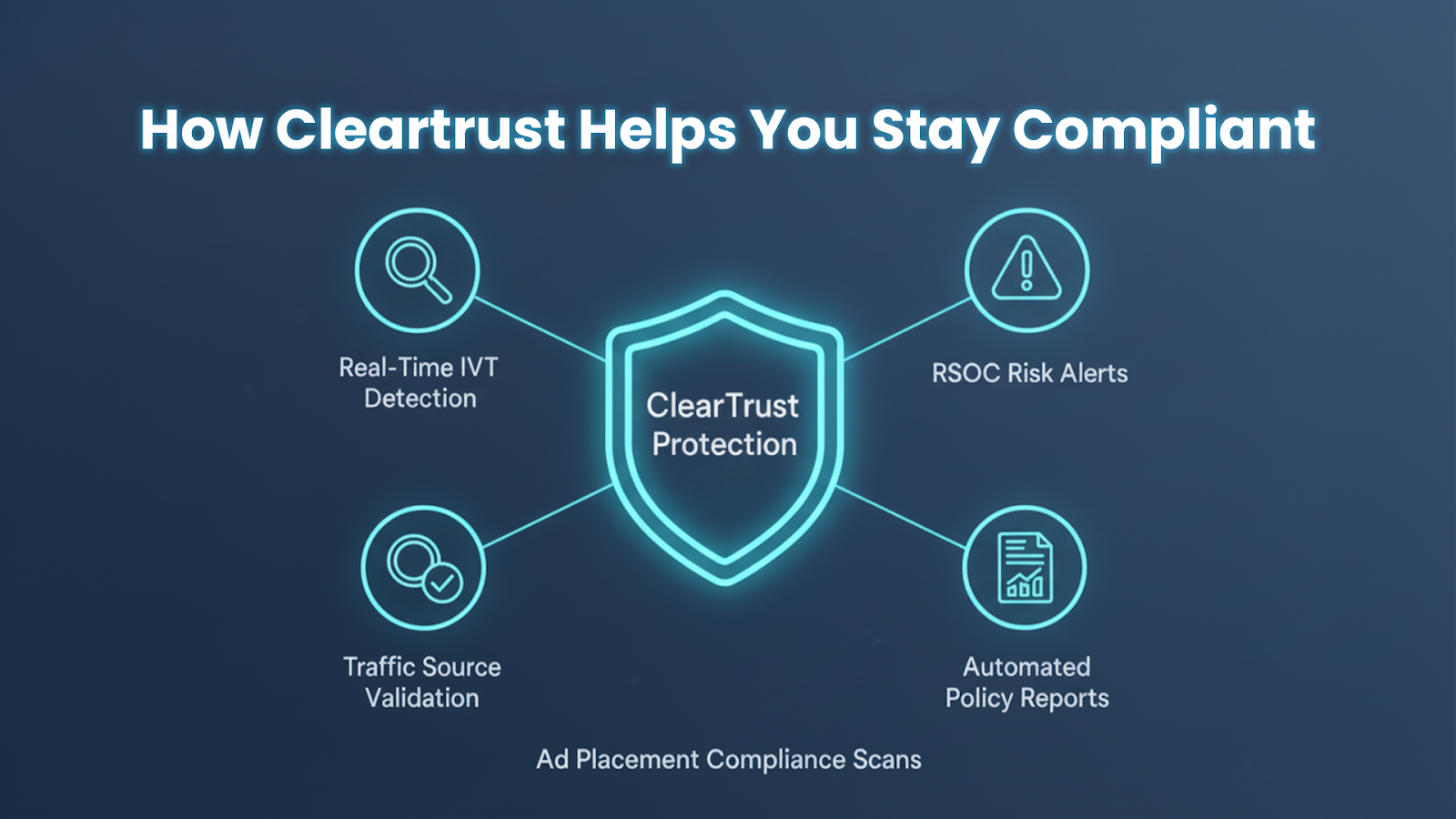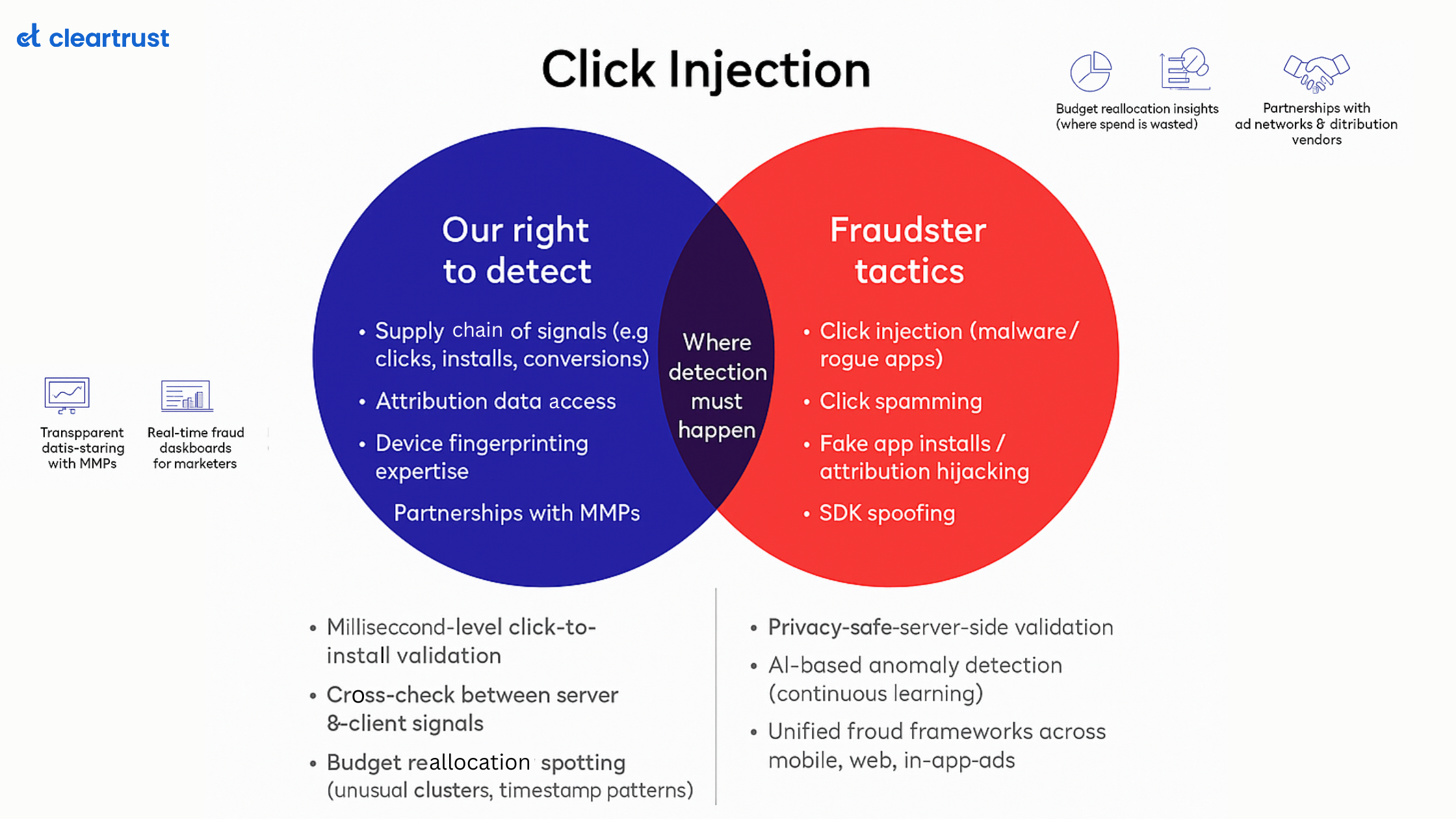Introduction
In recent years and 2025, Google has intensified its crackdown on Invalid Traffic (IVT) ,a growing threat that silently drains advertiser budgets and damages publisher credibility. To strengthen ad integrity, Google enforces the RAF rule, a three-strike policy that penalizes repeated traffic violations.
For publishers using AdSense or Google’s partner platforms, RSOC (Restricted Site of Concern) status determines whether your site remains trusted and eligible for premium ad demand.
The RAF rule for IVT directly connects to RSOC access and understanding this connection is key to protecting both your ad revenue and long-term compliance.
Quick Summary (2025 Update)
Google’s RAF 3-Strike Rule enforces penalties for repeated Invalid Traffic (IVT) under the Restricted Access Framework (RAF).
Your RSOC status determines whether your AdSense account keeps access to advanced monetization features.
To stay compliant: reduce IVT, monitor traffic patterns, and resolve policy warnings immediately to maintain ad performance and long-term eligibility.
Core Highlights
- Google’s RAF 3-Strike Rule penalizes repeated Invalid Traffic (IVT) violations.
- RSOC status affects your site’s trust level and ad monetization potential.
- Detecting and reducing IVT early helps avoid RSOC downgrade or RAF strikes.
- Tools like ClearTrust can help prevent IVT fraud and maintain compliance.

What Is IVT and Why Does It Matters?
Invalid Traffic (IVT) includes all ad interactions that don’t come from genuine user engagement, such as:
- Bot clicks or automated impressions
- Fake ad views
- Incentivized or spammy activity
Even small levels of IVT can distort your ad metrics and lead to advertiser distrust.
For Google, IVT is not just a performance issue, it’s a policy red flag.
If your IVT levels cross safe thresholds:
- You may trigger the RAF rule, and
- Your RSOC standing could be downgraded
Reducing IVT is essential for maintaining AdSense eligibility and ensuring consistent monetization.
What Is the RAF Rule?
The RAF (Restricted Access Framework) is Google’s compliance system ensuring ad quality and traffic authenticity. It operates on a three-strike model, escalating consequences for repeated IVT or policy abuse:
- First Strike – Warning(90 days)
Google identifies potential IVT or policy violations and alerts the publisher. - Second Strike – Restriction
Continued non-compliance may lead to reduced ad demand or temporary RSOC status. - Third Strike – Suspension
Persistent IVT triggers full ad-serving suspension or even account termination.

The Google RAF 3-Strike Rule (2025) encourages publishers to maintain transparent, authentic traffic. Addressing early warnings can prevent escalation and preserve monetization.
For official details, refer to Google’s Restricted Access Features (RAF) policy, which outlines how strikes are issued, reviewed, and resolved.
What Is RSOC and How It Works?
RSOC (Restricted Site of Concern) is Google’s classification for websites showing inconsistent or risky traffic patterns.
When flagged as RSOC:
- Your site remains monetized, but
- Ad demand and CPMs drop significantly until compliance issues are fixed.
RSOC acts as a pre-RAF checkpoint, allowing publishers to:
- Detect suspicious patterns early
- Resolve problems before formal RAF strikes occur
By isolating high-risk inventory, RSOC helps Google protect advertisers and reward publishers maintaining clean, trustworthy traffic.
How RAF Fits Within RSOC?
Think of RSOC and RAF as two layers of Google’s traffic integrity system:
- RSOC → detects early signs of invalid or policy-risky traffic
- RAF → enforces penalties when repeated violations occur
When a site’s RSOC issues go unresolved, the case escalates into the RAF 3-Strike process. This layered model ensures fairness, publishers are warned and guided before stronger enforcement applies.

In short:
RSOC identifies the problem and RAF enforces accountability.
Together, they form the backbone of Google’s traffic-integrity strategy for 2025.
How IVT Triggers the RAF Rule?
IVT can activate the RAF rule through several high-risk behaviors:
- Bot or Scripted Traffic – Automated clicks or impressions pretending to be real users
- Ad Placement Violations – Hidden or overlapping ads creating fake engagement
- Cheap Traffic Buys – Paid sources that inflate clicks but deliver poor quality
- Traffic Mismatch – Unusual spikes in CTR or impressions that don’t match genuine audience patterns

Each of these factors increases your RAF strike risk, limits RSOC access, and impacts AdSense performance.
IVT Prevention Checklist (2025)
Protect your RSOC access and avoid RAF penalties with these proven steps:
- Use Click-Fraud Protection: Deploy trusted anti-fraud platforms to detect and block IVT in real time.
- Audit Traffic Sources: Avoid buying traffic from unverified or incentivized third-party vendors.
- Monitor User Behavior: Watch for anomalies such as:
- Unusually high CTRs
- Repeated clicks from single users or regions
- Short session durations or high bounce rates
- Unusually high CTRs
- Stay Policy-Compliant: Keep ad placements visible, honest, and fully aligned with AdSense & RAF guidelines.
- Act Fast on Warnings: If you receive an RSOC or RAF strike, correct the issue immediately and request re-review.
(Tip: Read our detailed guide on Ad Fraud Strategies for 2025 for more best practices.)
The Future of RAF and RSOC Compliance
As AI-driven ad fraud grows more complex, Google’s enforcement system is evolving fast.
In 2025 and beyond:
- RSOC uses real-time machine learning signals to detect suspicious activity.
- RAF serves as an automated escalation mechanism for repeat offenders.
- Publishers that demonstrate policy-safe behavior earn higher trust scores and better ad performance.
Investing in transparent analytics and fraud prevention tools is now essential, not optional.
Why the RAF Rule and IVT Matter for Publishers?
The RAF 3-strike policy directly impacts how publishers maintain monetization rights and visibility in Google’s ecosystem.
A single IVT incident can trigger lower ad demand, affect AdSense RPMs, and damage RSOC reputation scores.
Understanding how traffic quality and policy compliance interact is essential for sustaining performance in 2025 and beyond.
How ClearTrust helps you stay compliant?
As Google tightens its RAF rule enforcement and monitors IVT across AdSense and RSOC accounts, having transparent traffic analytics is essential. ClearTrust provides real-time IVT detection and automated filtering that align with Google’s Restricted Access Framework (RAF) standards. By monitoring traffic patterns, isolating invalid clicks, and preserving authentic engagement signals, ClearTrust helps publishers protect their RSOC status, sustain healthy ad performance, and prevent costly RAF strikes.

Learn how:
Real-Time IVT Detection — Flags suspicious clicks, impressions, and bot behavior before they impact AdSense metrics or trigger RAF strikes.
Traffic Source Validation — Audits inbound sources to ensure only verified, policy-safe traffic is monetized.
RSOC Risk Alerts — Automatically detects risky traffic spikes or patterns that could lead to RSOC downgrade.
Ad Placement Compliance Scans — Ensures all ad layouts follow Google’s visibility and engagement guidelines.
Automated Reporting for Policy Teams — Generates compliance-ready reports aligned with Google’s RAF and AdSense documentation.
Continuous Learning Engine — Uses adaptive algorithms to stay ahead of evolving IVT fraud tactics in 2025 and beyond.
Conclusion
The RAF rule for IVT and RSOC framework together form Google’s foundation for ad traffic integrity and advertiser safety. By monitoring invalid traffic, following AdSense policies, and keeping your data transparent, you can secure consistent revenue and long-term trust. Protect your RSOC status, reduce IVT, and strengthen your RAF standing with proactive monitoring.
ClearTrust’s fraud analytics platform helps you stay one step ahead of RAF strikes, ensuring your ad traffic remains genuine, policy-safe, and profitable.
Key Takeaways
- The RAF rule penalizes repeated IVT and policy violations under AdSense.
- RSOC status acts as an early compliance indicator before RAF enforcement.
- Healthy traffic patterns and verified sources sustain ad performance.
- Use tools like ClearTrust to detect and block IVT in real time.
- Maintain transparent data and rapid response to protect your RSOC eligibility.
Next Step:
Stay ahead of Google’s RAF and RSOC changes by integrating ClearTrust’s IVT management software.
Start monitoring IVT patterns today and safeguard your AdSense revenue with transparent, automated compliance.
Quick FAQs
1. What is Google’s RAF 3-Strike Rule?
The RAF rule is Google’s compliance system that issues up to three warnings for repeated Invalid Traffic (IVT) before restricting or suspending an ad account.
2. What is IVT?
Invalid Traffic (IVT) includes bot clicks, fake impressions, and non-genuine activity that inflate ad metrics and violate Google’s policy.
3. What happens if my site is RSOC?
If your site is flagged as RSOC (Restricted Site of Concern), it faces limited ad demand and lower earnings until compliance is restored.
4. How can I avoid penalties?
Use anti-fraud tools like ClearTrust, audit your traffic, and follow AdSense and RAF rule guidelines carefully.
5. Can I recover from RSOC or RAF strikes?
Yes, resolve violations quickly, improve traffic quality, and apply for reinstatement to regain full monetization.






